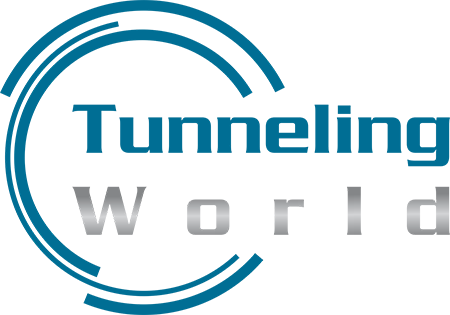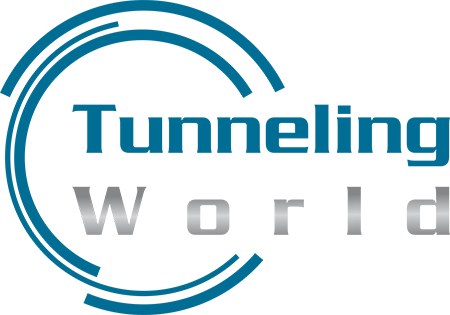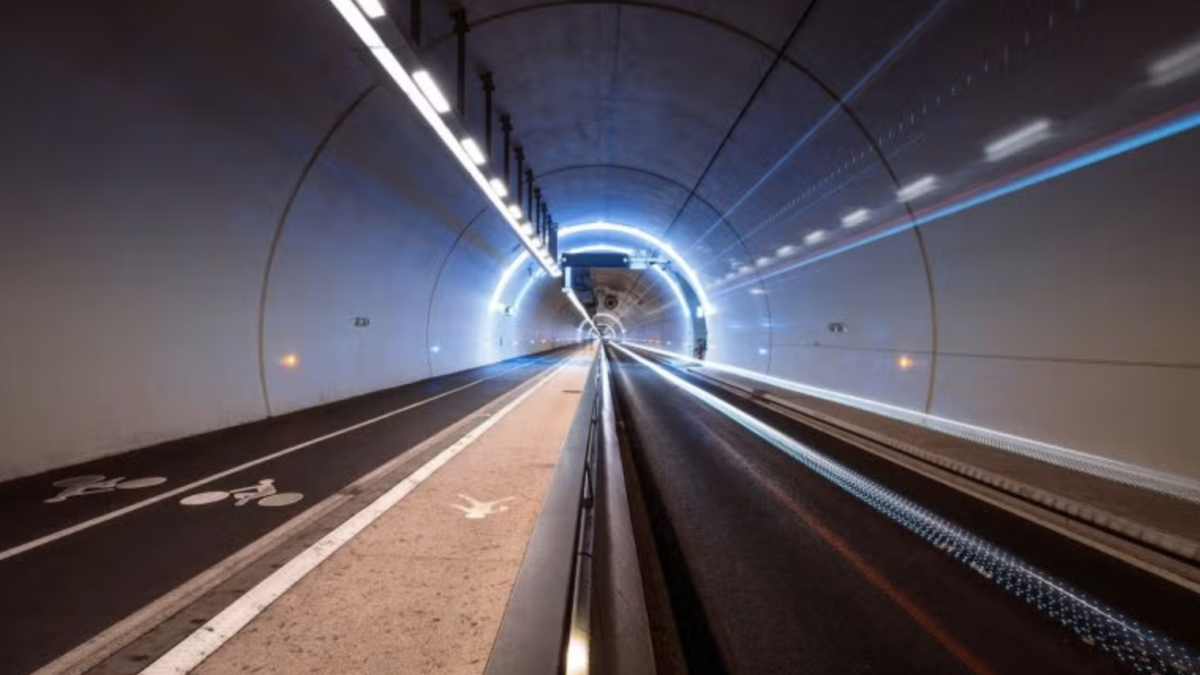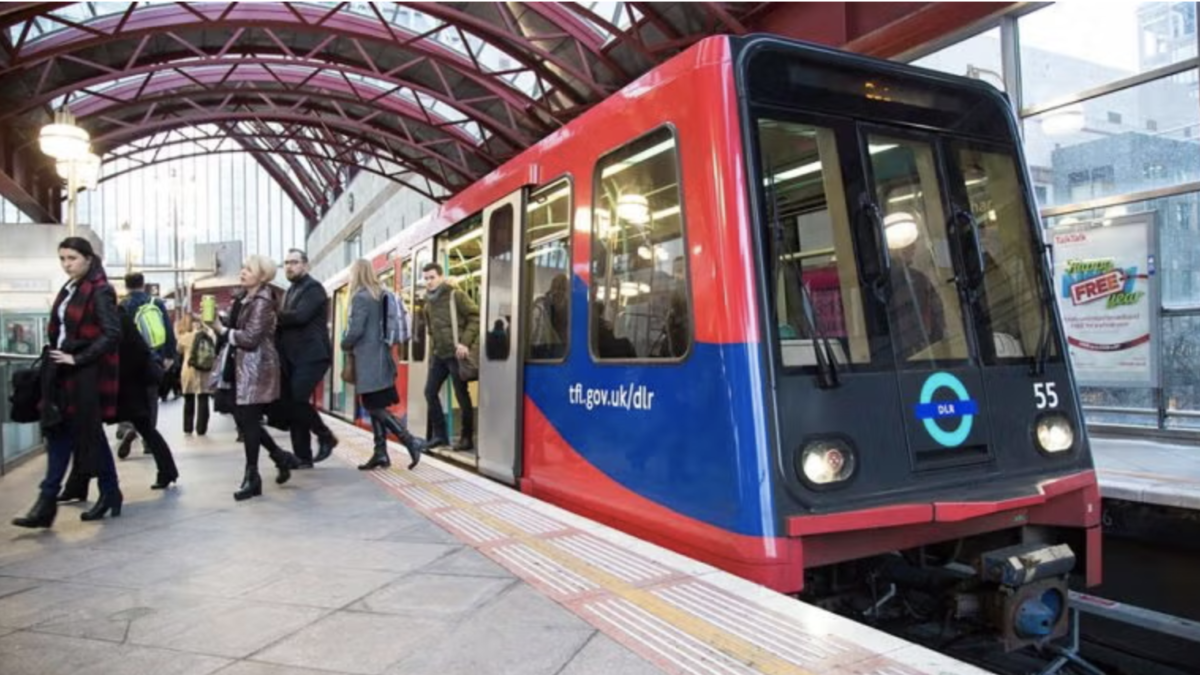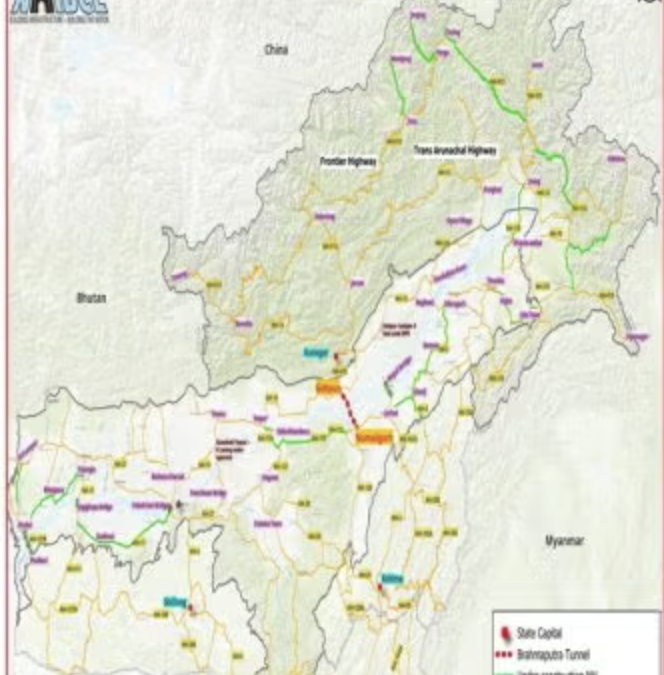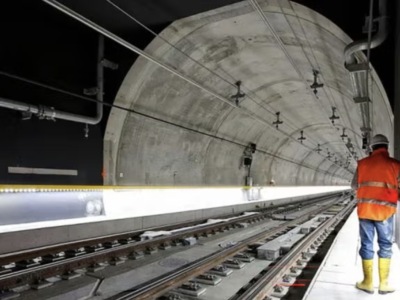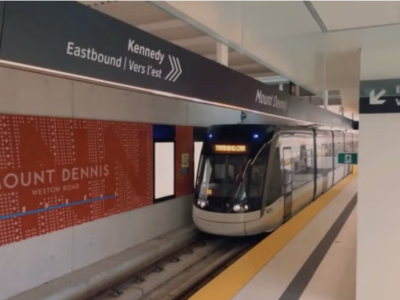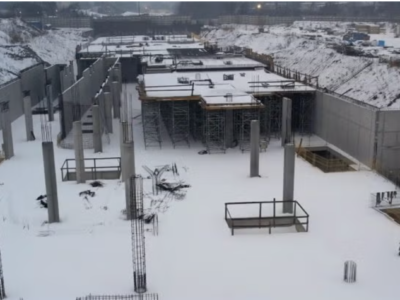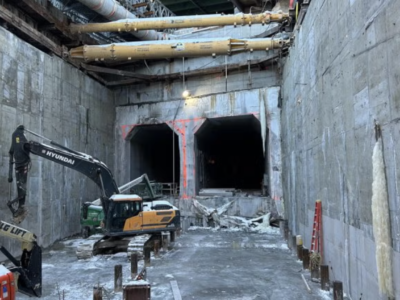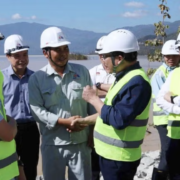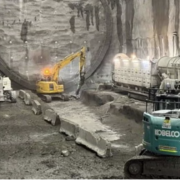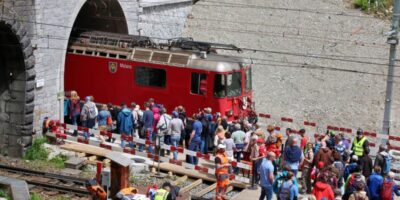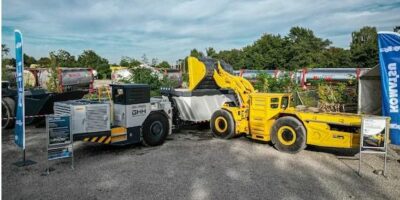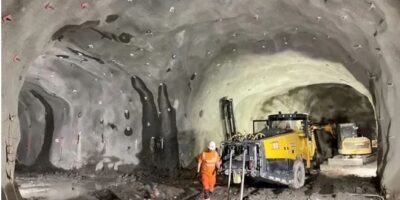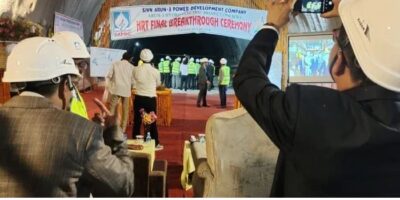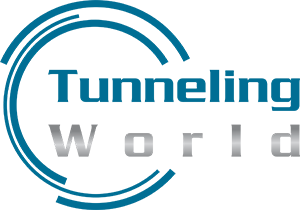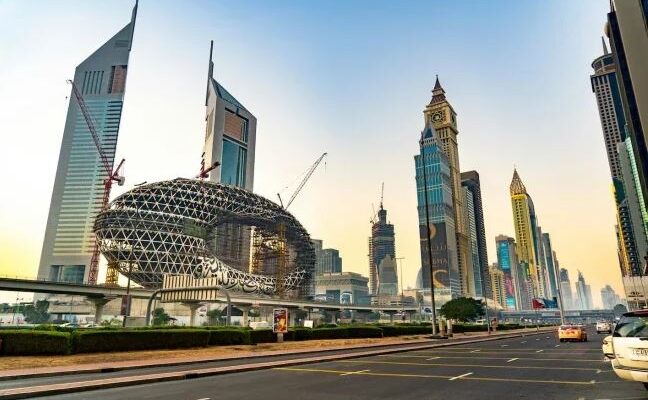
Dubai Municipality has prequalified engineering, procurement and construction (EPC) companies that can bid, along with investor and operation and maintenance (O&M) partners, for the contracts to develop four of the six packages of the US$22bn Dubai Strategic Sewerage Tunnels (DSST) project.
Under the current plan, the $22bn DSST project will be delivered in six packages, which will be tendered as public-private partnership with concession periods lasting between 25-35 years.
The first package, J1, comprises Jebel Ali tunnels (North) and terminal pump stations (TPS). The tunnels will extend approximately 42km, and the links will extend 10km.
The second package, J2, covers the southern section of the Jebel Ali tunnels, which will extend 16km and have a link stretching 46km.
W for Warsan, the third package, comprises 16km of tunnels, TPS and 46km of links.
J3, the fourth package, comprises 129km of links.
J1, J2 and W will be procured under a design-build-finance-operate-maintain model with a concession period of 25-35 years.
J3 will be procured under a design-build-finance model with a concession period of 25-35 years. Once completed, Dubai Municipality will operate them, unlike the first three packages, which are planned to be operated and maintained by the PPP contractors.
The prequalified EPC companies for packages J1, J2 and W are:
- Acciona Construccion (Spain) – Dubai branch
- Besix Construct (Belgium)
- China Harbour Engineering (China)
- China Railway Group (China)
- China State Construction Engineering Corporation (China)
- Daewoo Engineering & Construction (South Korea)
- Dogus Insaat VE Ticaret Anonim Sirketi (Turkiye) – Abu Dhabi
- FCC Construcccion (Spain)
- Archirodon Construction (Overseas) Company (Greece) / BESSAC (France)
- China Civil Engineering Construction Corporation – Dubai Branch / Shanghai Tunnel Engineering Company (STEC) / China Railway 14th Bureau Group Corporation
- Gulermak Agir Sanayi Insaat (Turkiye) / DETech Contracting (local)
- National Marine Dredging Company (local) / Afcons Infrastructure (India) / ITD Cementation India
- The Arab Contractors (Osman Ahmed Osman & Company, Egypt) / Darwish Engineering Emirates (local) / AqualiaMACE Contracting Operation & General Maintenance (local)
- Larsen & Toubro (India)
- Porr (Austria)
- Power Construction Corporation of China (China) – Dubai branch
- Samsung C&T Corporation (South Korea) – Dubai Branch
- SK Ecoplant (South Korea)
- Strabag Dubai (Austria)
- The Petroleum Projects & Technical Consultation Company (Petrojet) – Egypt
- Webuild (Italy)
EPC companies prequalified for package J3 are:
- Acciona Construccion (Spain) – Dubai branch
- Alghanim International General Trading & Contracting (Kuwait)
- China Railway Group (China)
- China State Construction Engineering Corporation (China)
- Daewoo Engineering & Construction (South Korea)
- DETech Contracting
- Archirodon Construction (Overseas) Company (Greece) / BESSAC (France)
- China Civil Engineering Construction Corporation (China) – Dubai branch / Shanghai Tunnel Engineering Company (STEC) / China Railway 14th Bureau Group Corporation
- Gulermak Agir Sanayi Insaat (Turkiye) / DETech Contracting (local)
- International Foundation Group (IFG, local) / General Construction Company (local)
- Nael Construction & Contracting (UAE) / Concord for Engineering & Contracting (Egypt) – Dubai branch
- National Marine Dredging Company (local) / Afcons Infrastructure (India) / ITD Cementation India
- Mapa Insaat Ve Ticaret (Turkiye)
- Mohammed Abdulmohsin Al-Kharafi & Sons (Kuwait)
- Porr (Austria)
- Power Construction Corporation of China – Dubai branch
- Strabag (Austria)
- Tecton Engineering & Construction (local)
- The Petroleum Projects & Technical Consultation Company – Petrojet (Egypt)
J1, J2, W and J3 will comprise the deep sewerage tunnels, links and TPS (TLT) components of the overall project.
Dubai Municipality said the prequalified companies had received the pre-request for proposal phase versions of the technical schedules.
For each EPC contractor, the technical prequalification may be in respect of one or more components – which include deep sewer tunnels, terminal pumping stations and/or link sewers, as applicable – of one or more DSST-TLT packages.
MEED understands the project’s remaining two packages, the expansion and upgrade of the Jebel Ali and Warsan STPs, will be procured in a process separate from the four DSST-DLT components.
According to a source close to the project, packages J1 and W will be tendered together as separate contracts first, followed by J2 and J3, with the requests for proposals (RFPs) to be issued sequentially, staggered around six to 12 months apart.
In addition to its size, the project is gaining significant interest because its unique procurement approach, whereby EPC contractors’ prequalification precedes developers’ prequalification.
“The idea is to issue the technical information pack to the prequalified EPC contractors before the prequalification process for investors starts, allowing EPC contractors time to undertake the design process,” the source said.
“These designs should be ready once the Dubai Municipality completes the prequalification process for investors, saving roughly three months compared to the usual route where the prequalification process for developers and EPC contractors are done simultaneously.”
The staggered prequalification process is expected to help ensure the RFP process takes around six months rather than the typical nine months.
“It will also encourage a stronger partnership approach to implementing the project’s various packages,” said the source.
Dubai Municipality recently invited investors and developer firms to submit their statements of qualifications by September 5 for the contracts to develop and operate various packages of the project.
The client is expected to issue the RFP to prequalified investors by the end of September.
The bidders for each of the PPP RFPs will be prequalified consortia comprising sponsors, EPC contractors and O&M contractors.
MEED previously reported that the overall project would require a capital expenditure of roughly AED30bn (US$8bn), while the whole life cost over the full concession terms of the entire project is estimated to reach AED80bn.
The project aims to convert Dubai’s existing sewerage system from a pumped system to a gravity system by decommissioning the existing pump stations and providing “a sustainable, innovative, reliable service for future generations.”
Dubai currently has two major sewerage catchments. The first in Deira is Warsan, where the Warsan sewage treatment plant treats the flow.
The second catchment, called Jebel Ali, is in Bur Dubai, where the wastewater is treated at the Jebel Ali STP.
